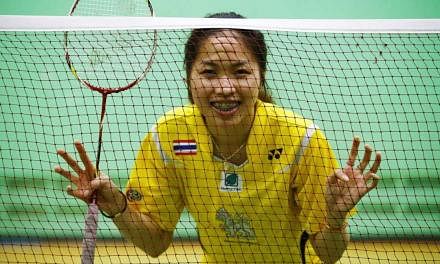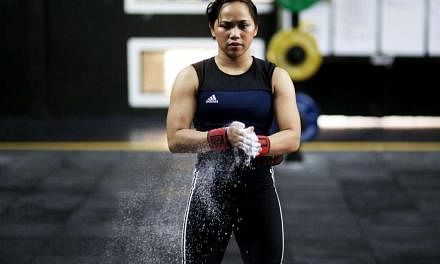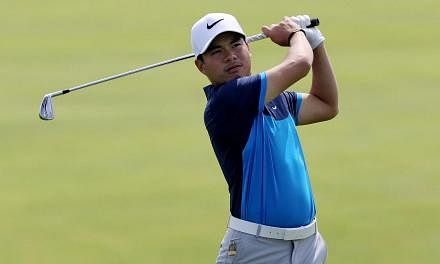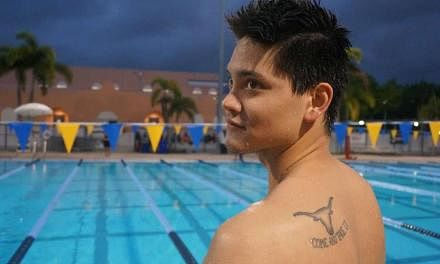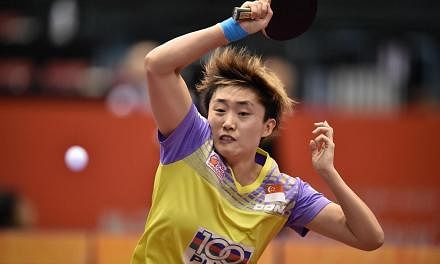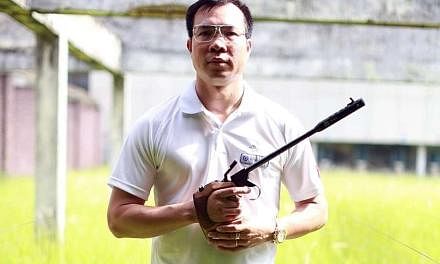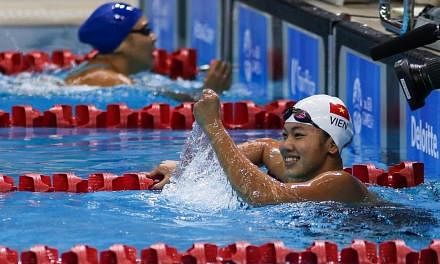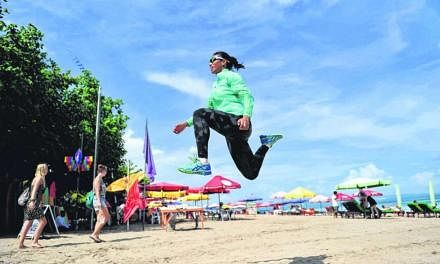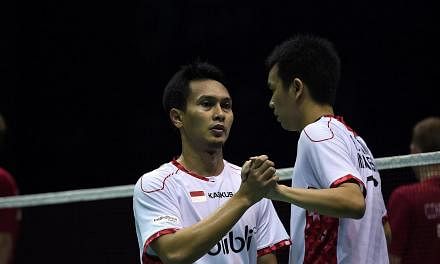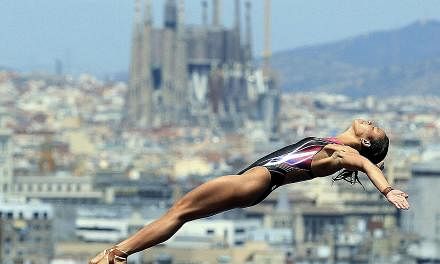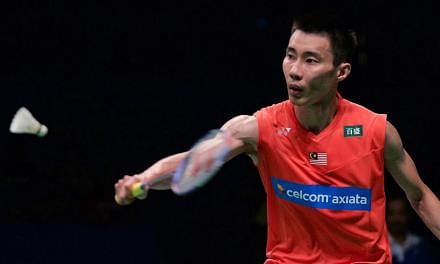INDONESIA'S 2016 BUDGET FOR ELITE SPORTS: 500 BILLION RUPIAH (S$51.5 MILLION)
BALI • Indonesia's Sports Minister Imam Nahrawi recently summed up the current state of sport in the country. "This country is now thirsty, thirsty for champions, thirsty for victory, and thirsty for honour," he told Olympic hopefuls in Bali last month.
Indonesia, with 27 Olympic medals, tops all South-east Asia nations. Since winning two golds in badminton at Barcelona 1992, it continued its golden run for the next four Games - until London 2012, when it failed to garner a single gold.
The number of medals has also dipped from five in Beijing 2008 to two in London, the lowest since a solitary silver in Seoul 1988.
The lacklustre 2012 showing has sparked concerns over whether Indonesia's glory days are over, with the government facing mounting pressure to whip the nation's elite sports back into shape.
Hence the target for Rio: at least two golds.
"We all dream for the best but, at the very least, we want to revive the gold-medal tradition for Indonesia," Mr Imam told The Sunday Times.
-
Team Indonesia
-
As per tradition, Indonesia is banking on badminton and weightlifting for glory.
London 2012 medallists Eko Yuli Irawan (bronze) and Triyatno (silver) will lead the charge in weightlifting. But if the country is to fulfil its goal of gold in Rio, it will most likely have to rely on the badminton players.
The best bet for a gold is the world No. 2 men's doubles pair of Hendra Setiawan and Mohammad Ahsan. But the mixed doubles duo of Praveen Jordan and Debby Susanto, 2016 All England champions, could surprise.
THE CONTINGENT
28 athletes (including three wild cards) in seven sports (archery, athletics, badminton, cycling, rowing, swimming and weightlifting).
To spur the athletes, gold medallists can expect a cash reward of five billion rupiah (S$515,000), while silver and bronze winners receive two and one billion rupiah respectively. All medallists will also get a monthly pension of at least 10 million rupiah under a new incentive scheme rolled out in June.
But Ahmad Sutjipto, chairman of Satlak Prima, a task force assigned to prepare the athletes, said an even bigger investment is needed.
The government's 2016 budget is 500 billion rupiah for high-performance sports.
Doubling the figure will help towards building proper sports facilities in the provinces, and introducing sports science to more elite athletes.
"After being at the top for so long, we have collapsed. This is a wake-up call," he said in reference to recent showings. "The performance of athletes in Indonesia does not reflect their real potential."



